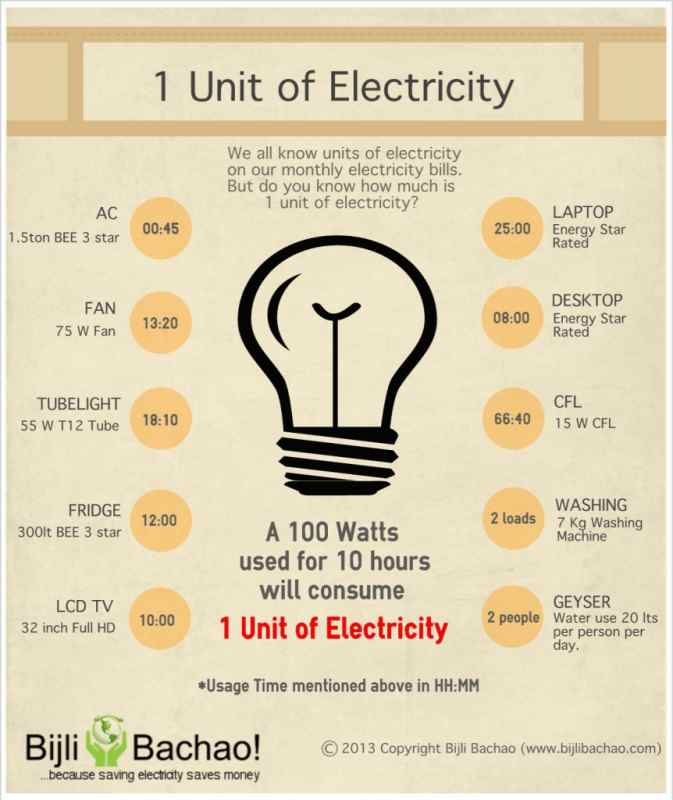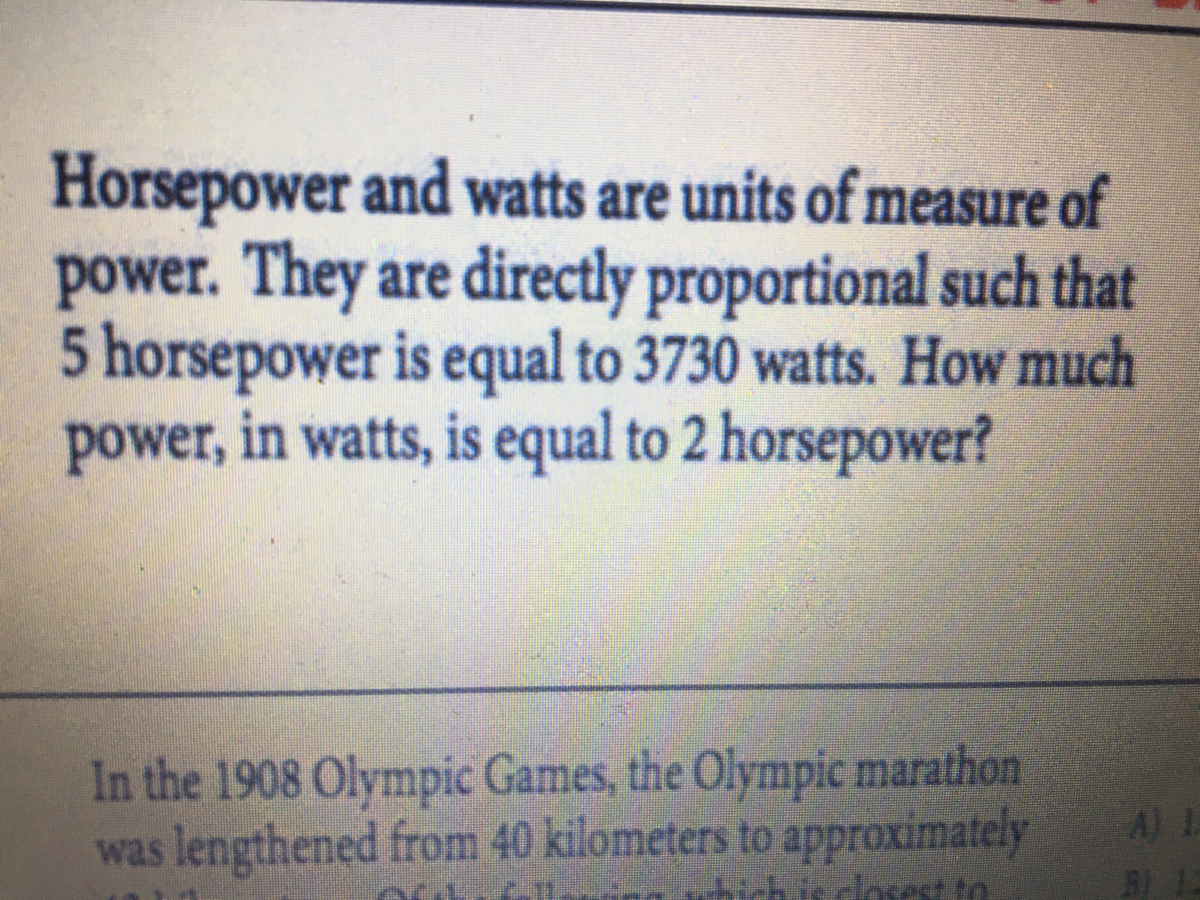

This trick makes it really easy to convert watts into kilowatts with some quick mental math. Then, since there are three zeros in 1,000, which is the number you’re dividing by, you will move the decimal point three digits, or three spaces, to the left. Add a decimal point at the end of your whole number. Here’s another way to think of it that may make the math easier. Here’s the Formula for Converting Watts Into Kilowatts:įor example, if you wanted to convert your 1500W dishwasher to kilowatts, you would do the following calculation: We find the power in kilowatts P(kW) by dividing the power in watts P(W) by 1,000. The conversion of watts to kilowatts is just as straight-forward as you may have guessed. For example, a microwave with a 1,000-watt label requires 1,000 watts worth of power (or 1 kW) to work. It may be easier for you to remember that one kilowatt equals 1,000 watts of electrical power when thinking of the prefix’s meaning. Keep in mind that the prefix “kilo” means one thousand. Most frequently, we use kilowatts to measure residential and commercial power. Most simply, a kilowatt is another term used in the measure of power. Now, let’s get into a more detailed description of what a kilowatt (kW) is. All of these terms measure electrical power. One watt is equal to one joule, as well as one volt-ampere. Watts are the basic unit of power used to measure electric, thermal, and mechanical power. What Is a Watt?īefore we discuss kilowatts, let’s take a second to talk about watts (W).
WATTS UNITS PLUS
Here, you’ll gain a better understanding of what kilowatts are, plus we’ll cover things like what we measure in kilowatts, how we convert and calculate kilowatts, and how kilowatts differ from kilowatt-hours, megawatts, and gigawatts. In this guide, we take the complicated subject of kilowatts and simplify it into more relatable terms. We measure that electrical power in kilowatts. Today, steam turbines at thermal power plants use this same technology to convert thermal energy into mechanical energy. One of his most notable accomplishments was around 1775, when he invented the Watt steam engine. The term “watt” comes from James Watt of Scotland, an engineer, entrepreneur, craftsman, instrument maker, and scientist who is often r eferred to as the father of the Industrial Revolution. You see, a watt is the basic unit of measurement used for electrical power. Solution:ġ00 J per hour is equal to 0.Even if the subject of kilowatts isn’t something you think about every day, it’s certainly something that affects your daily life.

Sample task: convert 100 Joules, expended over an hour to Watts. For example, if your input is in MegaJoules, you need to divide by 1,000,000 in order to get the result in Watts. Then you need to follow the definition the Watt as 1 Joule per second and perform the mathematical transformation that are required to convert the time units to seconds and the energy unit to Joules. Therefore, in our Joules to Watts converter you have two inputs: one for energy (J, KJ, MJ) and one for time (sec, min, hours). In order to convert Joules, which is a unit of energy, to Watts - a unit of power, we need to know a third variable - the time period of interest. The equivalent energy unit for Joules is Watt hours.Ī higher level of power results in more energy used in a given time-frame, therefore, for a set power level, a longer period results in higher energy consumption, while a higher level of power would exhaust the available energy in less time. On the other hand, energy is the work performed over a period of time. Power is the rate of delivery of energy - work performed per unit of time. Joules are units of energy while Watts are units of power, but there is often confusion about the difference between the terms power and energy. Our Joules to Watts converter also supports conversion from KiloJoules (kJ) and MegaJoules (mJ) per second, per minute or per hour to MilliWatts (mW), Watts (W), KiloWatts (KW), and MegaWatts (MW). Sometimes it is used to get a result in Watt hours (Wh), so if you know how many Joules per second, you need to divide by 3600 (60 minutes x 60 seconds) to get the Watt hours.

Where P is the power in Watts, E is the energy in Joules and t is the time in seconds. The formula for calculating Power in Watts (W) is: In the International System of Units (SI) it is defined as a derived unit of 1 Joule per second with a symbol W. This comes from the definition of the Watt, which is a unit of power used to quantify the rate of energy transfer. Joules per second to Watts conversion tableĮxactly 1 Joules per second equal one Watt.


 0 kommentar(er)
0 kommentar(er)
